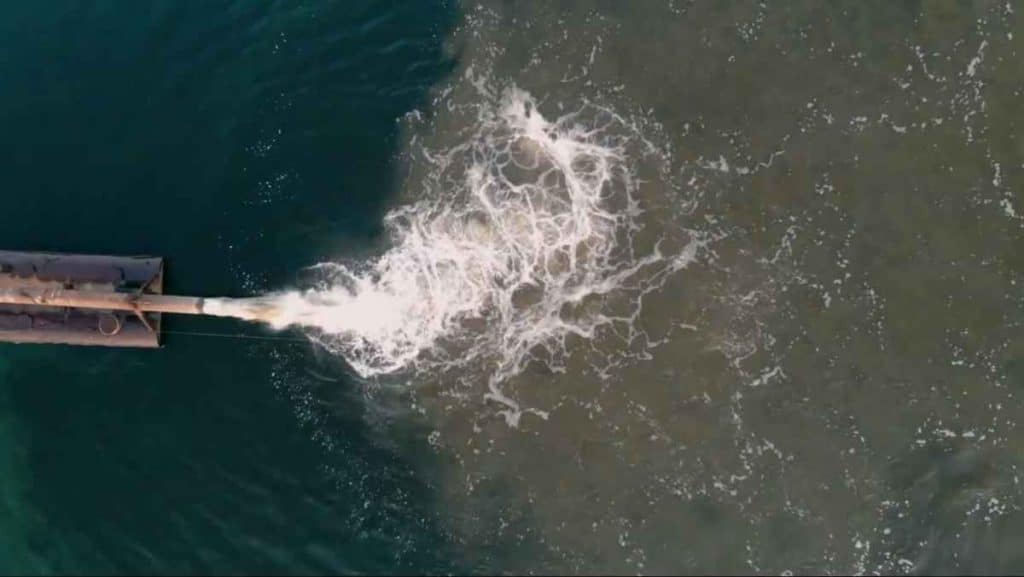Depending on your exposure to the Camp Lejeune water contamination, you can struggle from short-term and long-term symptoms or even deadly diseases like cancer and neurological disorders. While most conditions require extensive treatment, there is no guarantee that the person battling them will survive or come out healthy from it. The Camp Lejeune water contamination is one of the most harmful forms of pollution for the human body. The toxins present in the water can enter your body through a shower or even the air you breathe sometimes.
However, most soldiers and workers have to deal with these risks as it is part of their job. At the same time, you might be able to avoid a significant medical complication if you are well aware of its symptoms and take treatment from the doctor at the right time. Nevertheless, if you procure a life-threatening disease, it is better to click here and call a lawyer and make sure the insurance company covers all your expenses for the illness.
Presumptive illness resulting from Camp Lejeune water contamination
1. Bladder cancer
Bladder cancer is an illness that affects the part of your abdomen that stores urine. This cancer is one of the most commonly occurring cancers and has a higher survival rate than others. A person battling bladder cancer can be affected due to genetic or environmental aspects depending upon their lifestyle choices and family history.
If we consider environmental factors that instigate bladder cancer in a person, it can occur due to cigarette smoking, contaminated drinking water, or exposure to chemicals found in the industry. The water contamination at Camp Lejeune is known to have industrial solvents and harmful chemicals present, which are also known as carcinogens. Carcinogens are substances that are responsible for producing cancerous cells in your body, which then destroy the internal tissues and cells of an organ resulting in cancer in a patient.
2. Breast cancer
Another commonly occurring cancer is breast cancer among women. While breast cancer is seen more often in older owners, depending on your lifestyle and habits, it can also affect younger females. According to a study, women exposed to industrial chlorinated substances are more prone to breast cancer than women who live far off.
Other factors that cause breast cancer in women are smoking, excessive alcohol, stress, genetics, etc. Even though the chances of getting breast cancer are higher in women who share their genes with someone who had it, if someone is constantly exposed to harmful chemicals, they can easily suffer from the illness.
